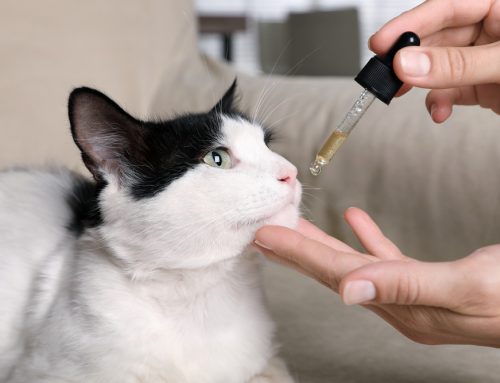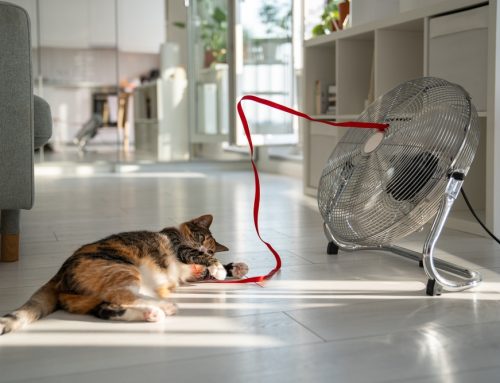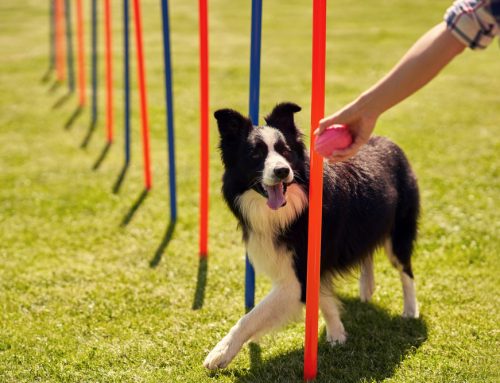A Declaration of Independence from Noise Aversion for our Pets
The United States, in the Year 2020
During the course of human history, pets have evolved from scavenging for food near human encampments to sleeping under the covers with us in bed. At some point, when the pet became a family member, humans had to consider how to provide that pet all the necessities of life. One such necessity is a freedom from fear.
Let these facts be submitted for human understanding of the pet’s perspective:
Loud noises scare many pets. During the Fourth of July celebrations, many loud events, such as fireworks displays, bang-snaps—those things that pop when children throw them on the ground—screaming children, and loud music, can all be scary for our four-legged family members.
Fear manifesting
Our pets demonstrate their fear at every one of these loud oppressions. They shake, cower, run into closets, hide under the bed, eliminate in the house, destroy furniture, or try to run away from home. Unless humans collectively decide to change Fourth of July rituals, it is every pet owner’s responsibility to prevent or alleviate our pet’s fear, to the best of our ability.
The condition that causes our pets to be scared of loud noises is called “noise aversion.” Noise aversion can also come into play in places and events that don’t necessarily relate to summer and Fourth of July festivities—for example, construction sites, thunderstorms, loud vehicles, or loud voices inside the house can induce a panic attack in many pets. This is not common knowledge, despite the fact that one in three dogs in the U.S. experiences these noise-related attacks. Unfortunately, these pets often go untreated, because pet owners do not realize that noise aversion can be a severe problem that their veterinarian can help alleviate.
Fear treatment
We, as caretakers of our furry companions, have options to alleviate our pet’s fear.
First, you should make an appointment with your Walnut Creek Animal Hospital veterinarian, who will perform a physical exam, talk to you about your pet’s reaction to loud noises, and likely make some suggestions, based on your individual pet’s needs. Recommendations may include:
- Management — Environmental management, such as white noise, and providing a quiet, safe haven in the house can help. Create a cozy spot in your most sound-proof room, with a comfortable bed, plenty of your pet’s favorite toys, and a long-lasting treat, such as a Kong filled with peanut butter, or food puzzle that will keep your furry friend entertained and relaxed. Play soft music or white noise, or turn on the television, to help muffle the loud, scary noise.
- Desensitization — Help your pet dissociate loud noises from a scary event by teaching them that noise can signal a positive experience instead. Softly play scary sounds, such as thunderstorm or fireworks noises, while providing a reward, such as playtime, a special treat, or your undivided attention. Slowly increase the volume during each session to gradually desensitize your pet. If your pet becomes fearful at any time, decrease the volume and progress more slowly.
- Medications — Prescription anti-anxiety medications, herbal medications, and products specifically designed to promote calm behavior during a noisy event are available that may help calm your pet
- Aids — Special aids, such as a Thundershirt, have been shown to help some fearful pets
Fear alleviated by strengthening the human-animal bond
Watching your pet having a panic attack is not easy. Some pet parents feel helpless, but others may scold their pet for tearing up the furniture, soiling the carpet, or scratching a wall, not realizing they are in panic mode, which reinforces their pet’s fear. More dogs run away on July Fourth than any other day of the year, but a loving, supportive pet owner-pet relationship, or human-animal bond, may also help the pet overcome their fear, when the pet learns their pet owners will protect them.
Fear the Fourth

No noise aversion treatment is instantly curative and the various treatments take time before they start working, so we hope this June blog post gives you time to prepare for July Fourth celebrations.
In the weeks leading up to July Fourth, take your pet into her special space, and play firework sounds at a low volume, while lavishing her with attention and special treats, to help desensitize her.
On-the-spot anti-anxiety or sedation medications given appropriately can be effective, if you can predict when the loud sounds will start, which is not always possible. On-the-spot medications will be ineffective if they are given to your pet after the scary sounds have begun.
If your pet has ever demonstrated any noise aversion behavior, don’t wait—call us at Walnut Creek Vet Hospital for an appointment, and let us help your pet handle their fear this July Fourth, independent from any noise aversion.









Leave A Comment